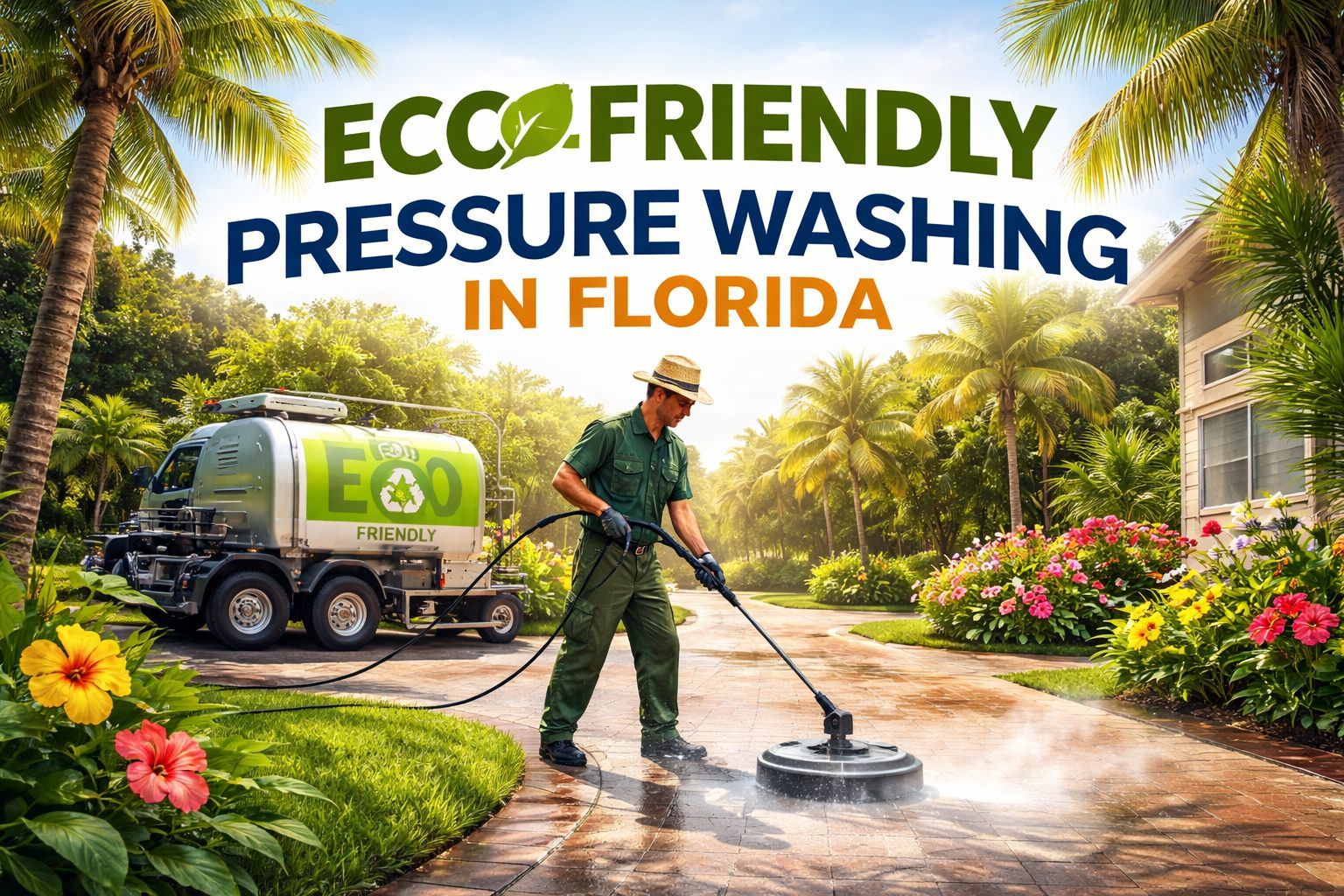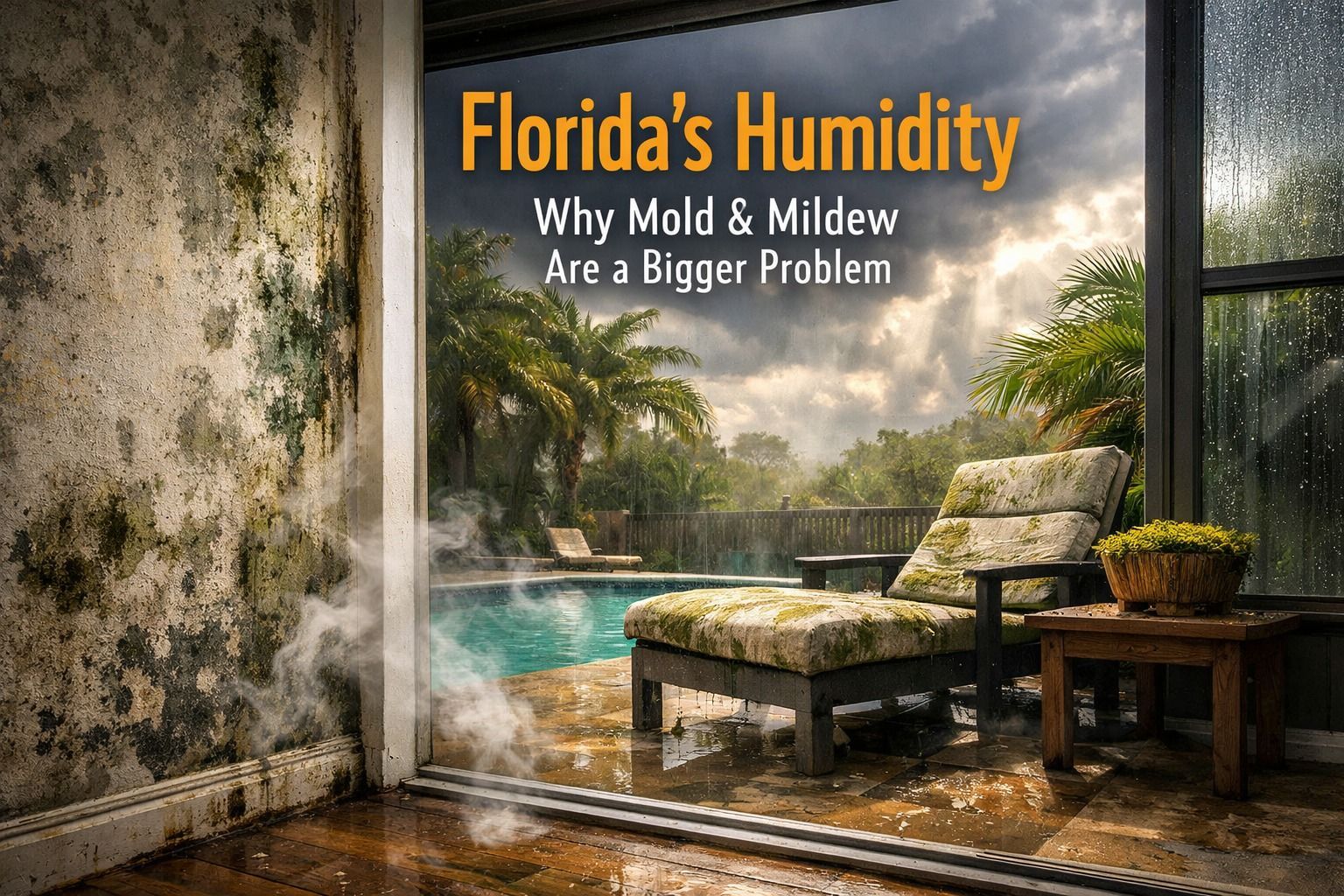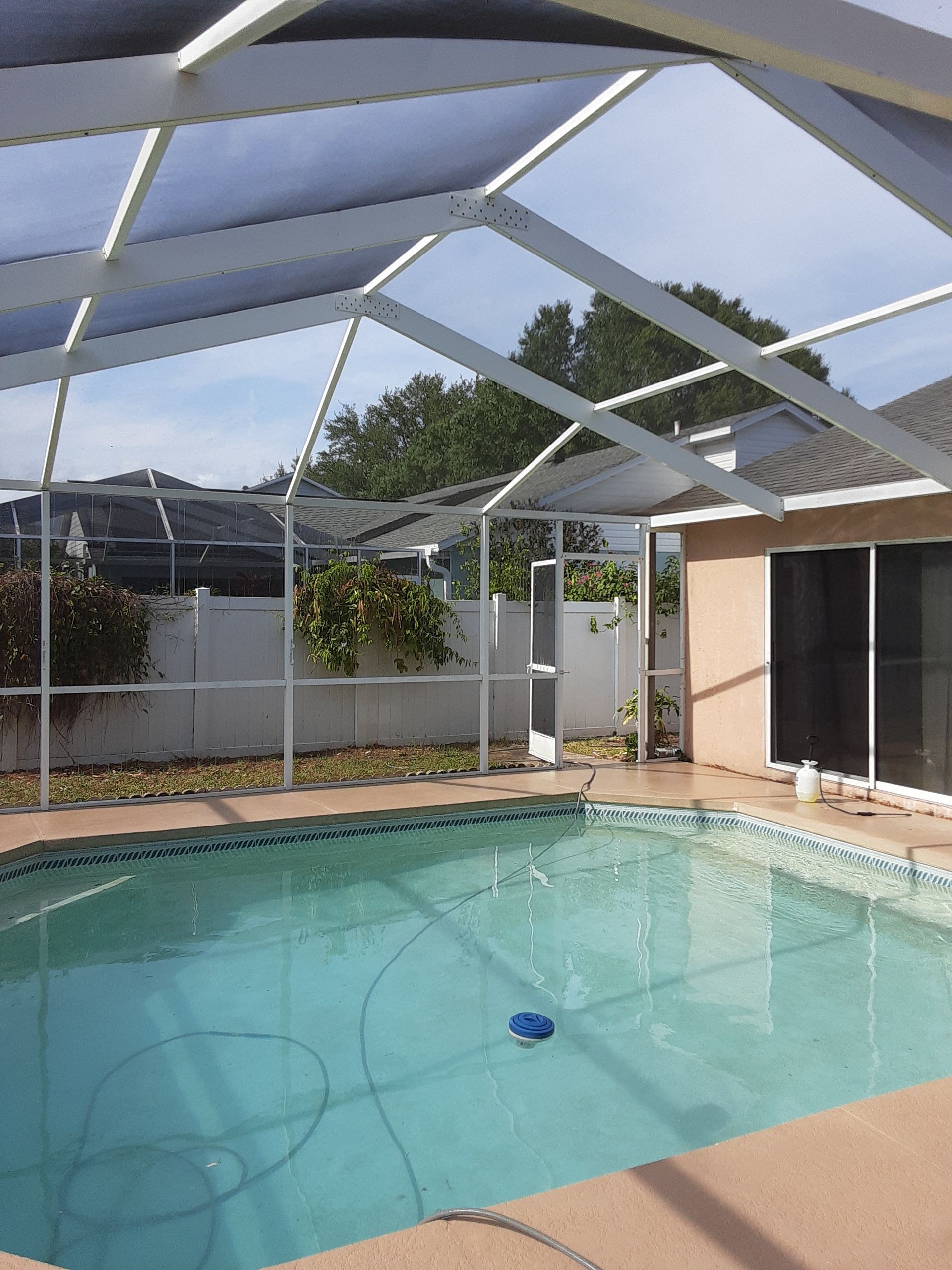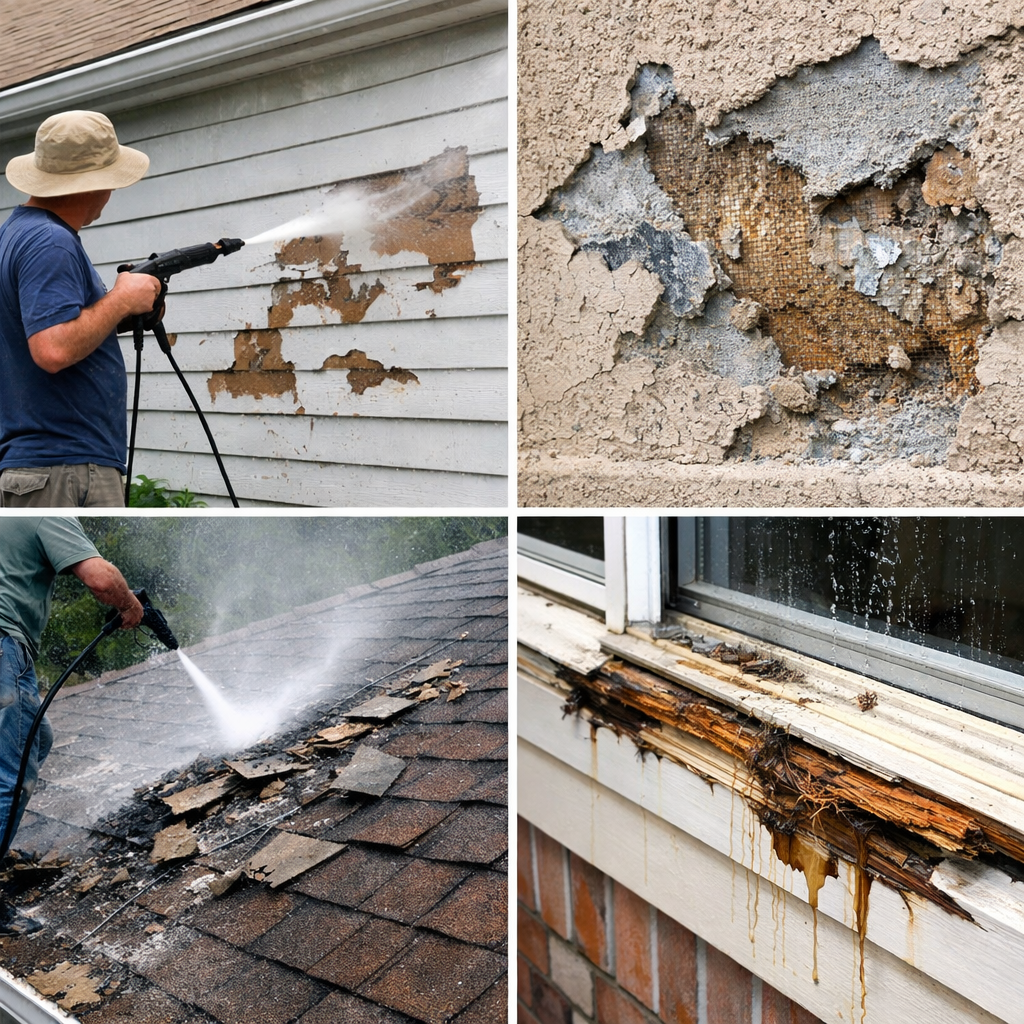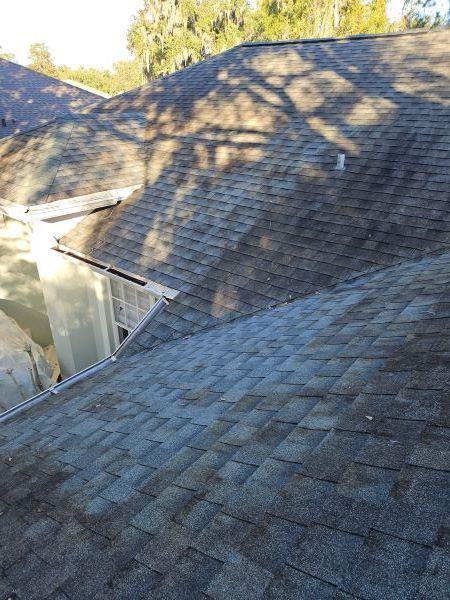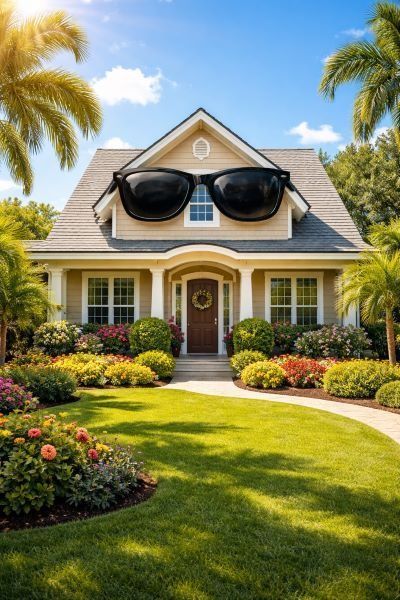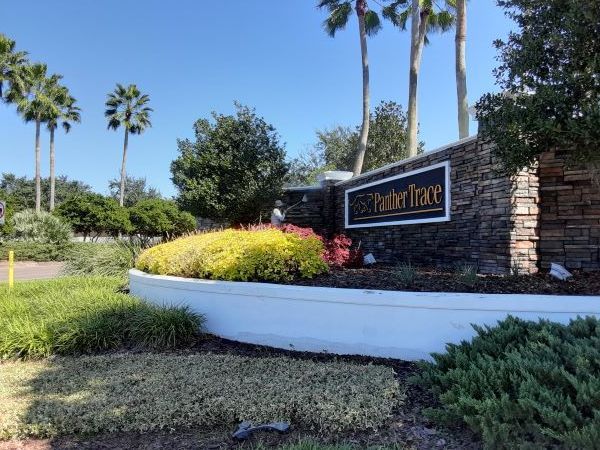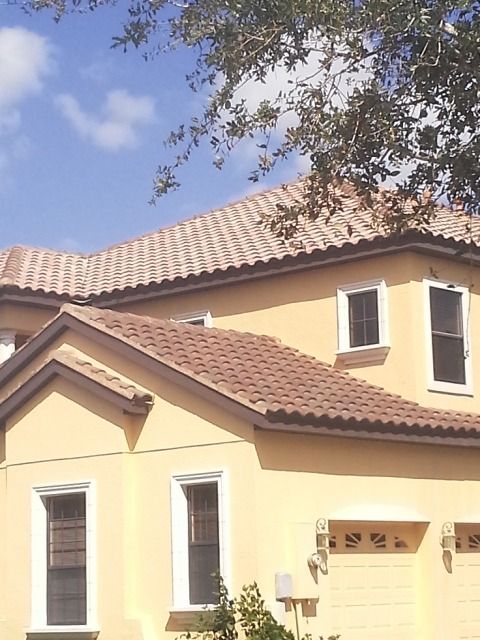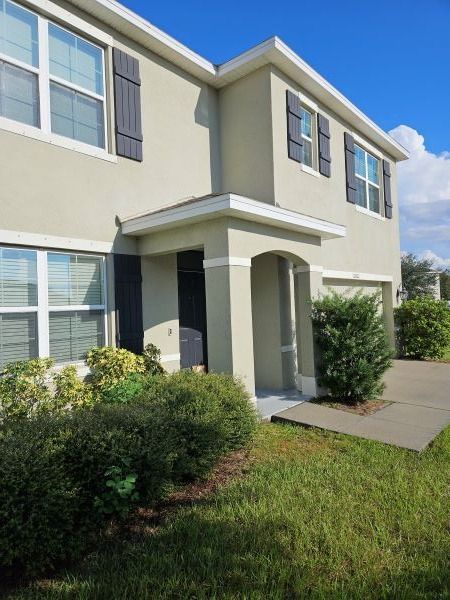A Homeowner’s Guide to Eco-Friendly Pressure Washing in Riverview, FL
For homeowners in Riverview, FL, keeping your property looking its best isn’t just about boosting curb appeal—it’s about protecting your investment while taking care of the community and local environment. As the owner and operator of Riverview Pressure Cleaning for the last 12 years, I’ve seen firsthand how pressure washing can either help or harm our beautiful Florida landscapes, depending on the methods and materials used. Eco-friendly pressure washing is not just a trend; here in our warm, humid climate, it's a responsibility we all share. Let’s explore practical steps, local factors, and professional tips to ensure your property sparkles while you stay green.
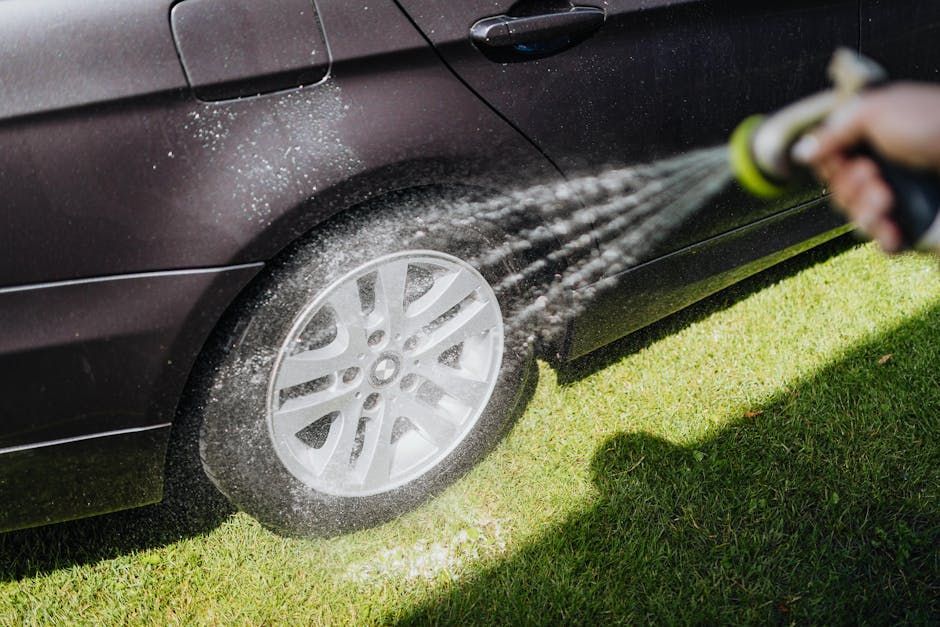
Why Eco-Friendly Pressure Washing Matters in Riverview, FL
Here in Riverview and neighboring communities like Apollo Beach and Valrico, the lush greenery and waterways are part of daily life. Traditional pressure washing methods—when done carelessly—can wash harsh chemicals, fungi, and pollutants right off your property and into our storm drains, eventually making their way to local rivers and Tampa Bay. For local families, pets, and plants, this isn’t just an environmental concern; it can directly impact your quality of life.
- Protects groundwater and natural habitats in our unique South Hillsborough County environment.
- Reduces chemical exposure for kids and pets playing around the home.
- Minimizes wear and tear on structures, helping your home last longer with less maintenance.
Our Approach: Sustainable Cleaning is Smart Cleaning
At Riverview Pressure Cleaning, we believe that eco-friendly doesn’t mean less effective. Drawing from my extensive experience with different materials and property types, here’s how we keep both homes and the environment healthy:
- Careful Product Selection: We use mild, biodegradable cleaning solutions—especially important for homes with wood fences, sensitive landscaping, or pool cages exposed to constant moisture.
- Tailored Pressure Levels: Every property is different; older paint, wood grain, or delicate screens demand a gentle touch and the right nozzles, preventing unnecessary runoff or damage.
- Chemical Rinses Used Responsibly: For driveways, a final rinse is used to eradicate mold and algae without saturating your yard with harsh soaps. Our goal is to kill the root problem, not just clean the surface.
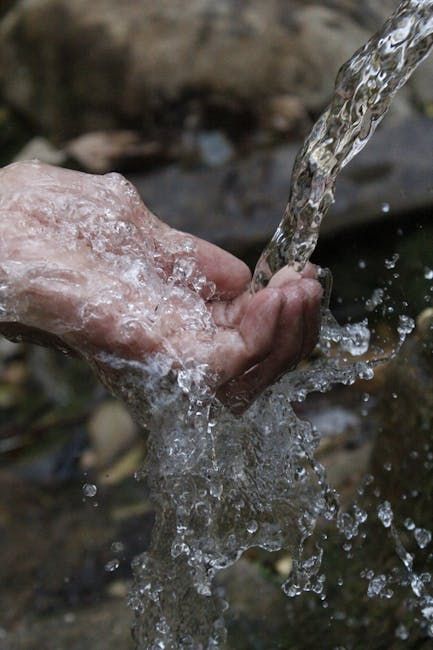
Core Principles of Eco-Friendly Pressure Washing for Homeowners
Want to keep things green yourself or make sure you’re hiring an eco-conscious service? Here are foundational steps to adopt:
1. Always Choose Biodegradable, Phosphate-Free Cleaners
These solutions break down safely and are less likely to harm lawns, pets, or local wildlife. Never use products containing bleach or ammonia on outdoor surfaces if runoff is possible.
2. Minimize Water Waste
- Use surface cleaners rather than open hoses to direct water exactly where needed.
- Only clean areas that truly need it: frequent, light cleanings on walkways and pool cages are less damaging over time than rarely blasting away heavy buildup.
3. Protect Plants & Landscaping
Cover delicate flower beds and rinse them with plain water before and after using any cleaning solutions to dilute potential splashes. For wood fences and garden paths, look for natural, non-bleach formulas.
4. Control Runoff & Debris
- Block storm drains if you’re washing large paved areas.
- Sweep up loose dirt and organic debris before starting; this simple step prevents clogs and contamination.
Spotlight: Common Surfaces and Eco-Friendly Pressure Washing Strategies
From years of experience in Riverview, here’s how we handle the most frequent challenges while prioritizing the environment:
Driveways & Sidewalks
- Mold and algae are the biggest culprits in Florida driveways.
- We start by using a high-quality surface cleaner that efficiently lifts grime with less water.
- A final, mild chemical rinse targets spores without overwhelming your grass or garden beds.
Roofs
- Cyanobacteria (like Gleocapsa Magma) causes black streaks and shortens roof life.
- Soft washing and eco-friendly solutions stop bacterial growth at the root, reducing future chemical needs.
- A clean, light-reflecting roof even cuts down household energy use, offering double environmental benefits.
Pool Cages & Screens
- For pool cages, we avoid high pressure to prevent damage; instead, we apply a gentle natural cleaning solution to loosen algae and dirt.
- Our 30-day guarantee on cage and screen cleaning means we’ll return to fix missed spots, ensuring no unnecessary extra washes.
Fences
- PVC Fences: Easily cleans with a mild, eco-conscious solution and light pressure. Frequent, scheduled cleanings mean less cleaning agent is needed each time.
- Wood Fences: Cleaned carefully with an environmentally friendly, non-bleach solution—by hand, one board at a time, to avoid waste and protect surrounding soil.
Home Exteriors
- Homes in our area have a mix of materials. We adjust both pressure and products for stucco, siding, aluminum, and painted surfaces.
- We never use a "one-size-fits-all" formula: older homes especially benefit from lower pressure and greener chemicals.
Lanais
- Lanais often trap dust and debris. Gentle, thorough washing with mindful chemical use maintains a safe, relaxing space for years to come.
Eco-Friendly Pressure Washing and Community Involvement
What we do on our individual properties adds up across the whole neighborhood—and impacting the water table or local wildlife is easier than you might think. Share these tips with your neighbors, or consider splitting a scheduled driveway or fence cleaning with the folks next door to save water, time, and resources. In fact, mention thia blog and both households can save $25 on simultaneous driveway cleanings.
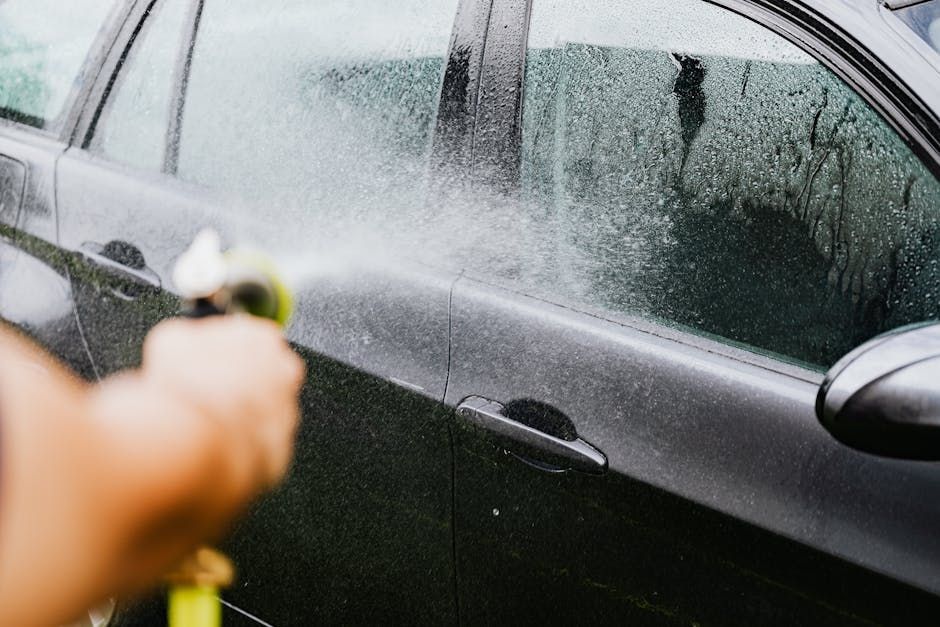
When to Hire a Professional vs. DIY
While there are eco-friendly DIY solutions, there’s honestly a big difference between a garden-variety rent-a-machine and the approach an experienced, licensed pressure cleaning expert takes. Why?
- Knowledge of local materials: Our area’s paint types, roofing materials, and landscaping call for customized solutions only hands-on experience can provide.
- Proper equipment: Using commercial, well-maintained surface cleaners means jobs get done faster with less water and fewer repeat passes.
- Avoiding costly mistakes: Overly high pressure or harsh chemicals can etch concrete, peel paint, or harm your lawn—eco-friendly pros know how to avoid these pitfalls.
Eco-Friendly Pressure Washing FAQs (Riverview, FL Edition)
- Q: Can I use vinegar, baking soda, or dish soap for DIY eco-friendly pressure washing?
A: While better than harsh chemicals, these homemade solutions are less effective against mold and algae. Always patch-test a small area and avoid recipes suggesting large amounts of vinegar or bleach outdoors. - Q: How often should I schedule eco-friendly pressure washing?
A: In our humid climate, outdoor concrete and pool cages usually need cleaning at least once a year, while houses may benefit from every two to three years—more often if your property sits in deep shade or near irrigated areas. - Q: Is pressure washing safe for pets and kids?
A: When done with biodegradable, non-toxic agents and allowing for proper drying time, yes! Most hazards come from off-the-shelf chemicals, not from professional-grade eco solutions.
Final Thoughts: Maintaining Beauty Responsibly
Pressure washing is a simple, satisfying way to maintain your Riverview home, but it comes with the power to do good—or create unexpected environmental headaches. Being mindful of your cleaner choices, water use, and runoff doesn’t just impact your front yard; it helps keep our entire community greener and healthier.
If you value lasting results, environmental care, and the peace of mind that comes from a job done right, we’re always happy to help. Learn more about our commitment to eco-friendly pressure washing, or contact us at Riverview Pressure Cleaning for a free, no-obligation quote. Let’s keep your home and our waterways clean—together.
Share:
